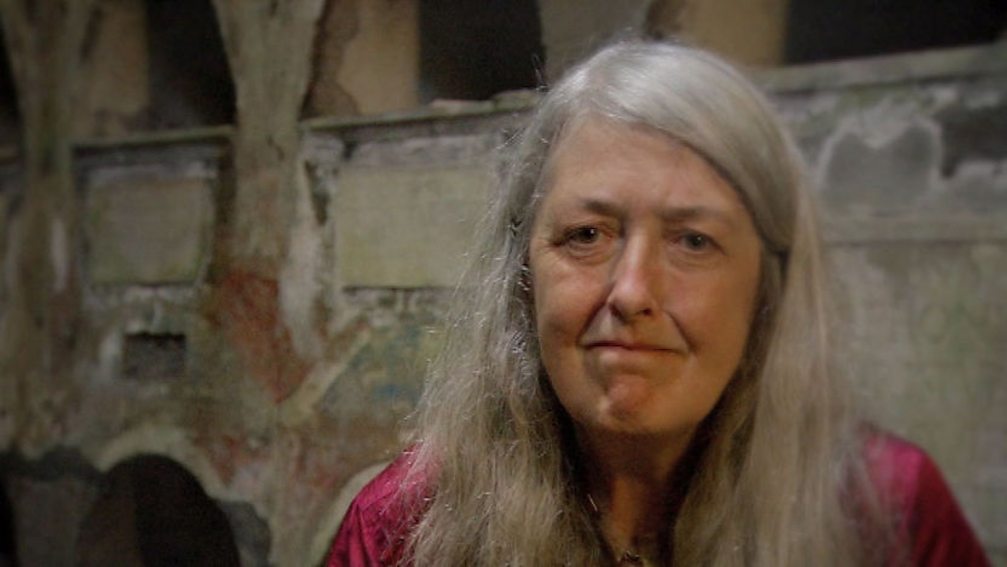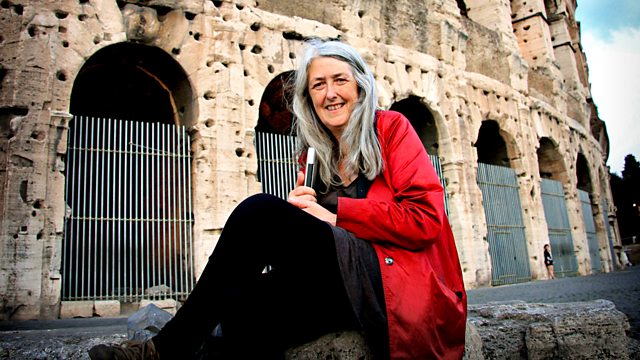

The narrative voice, always authoritative but never stiltedly academic, is friendly, lightly humorous and generally easy on the mind's ear. She ends with Caracalla, saying that Rome during and after the emergence of Christianity as a dominant force is material for another book.

Cataline incident and the ascendancy of the emperor Caracalla, who in 212 CE extended Roman citizenship to all free inhabitants of the empire, get a thorough examination, with regular pauses to ask and answer to the extent possible, "How do we know this, and how much of what we think we know is reliable?" and "How exactly did that work?" "SPQR" explores (among many other topics) the forces that led from rule by the Senate to the very mixed bag of emperors, the evolving techniques of colonial government, the origins and evolution of institutions from the public baths and urban living arrangements to slavery and gladiatorial games, and what can be inferred about the lives of unchronicled people at different stages and places. Historical events between the opening Cicero vs. The succession of kings, part mythical and part historical, which led up to the formation of the republic gets a fact-vs.-fiction review.

She examines the competing origin myths of Romulus and Remus and settlement by refugees from Troy, and how they drew upon and influenced Romans' self-image. Soon enough, Beard drops back to an overview of origins, or the unlikely process by which a village on the Tiber became THE power in the Mediterranean and beyond for hundreds of years.


 0 kommentar(er)
0 kommentar(er)
